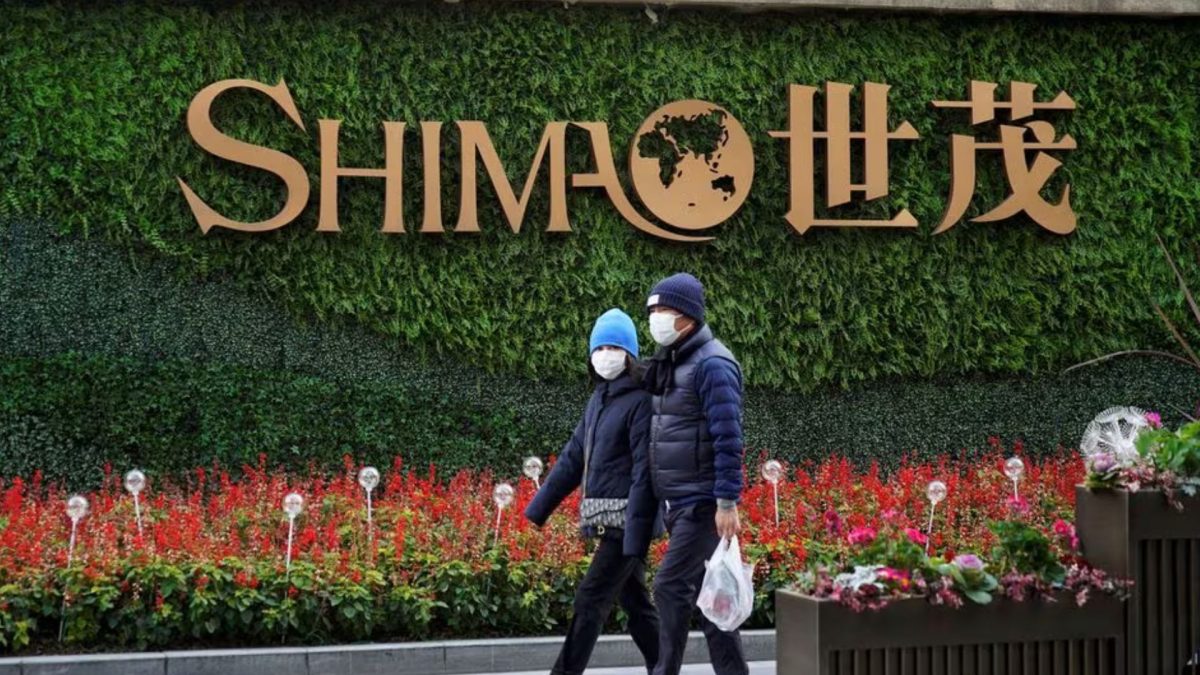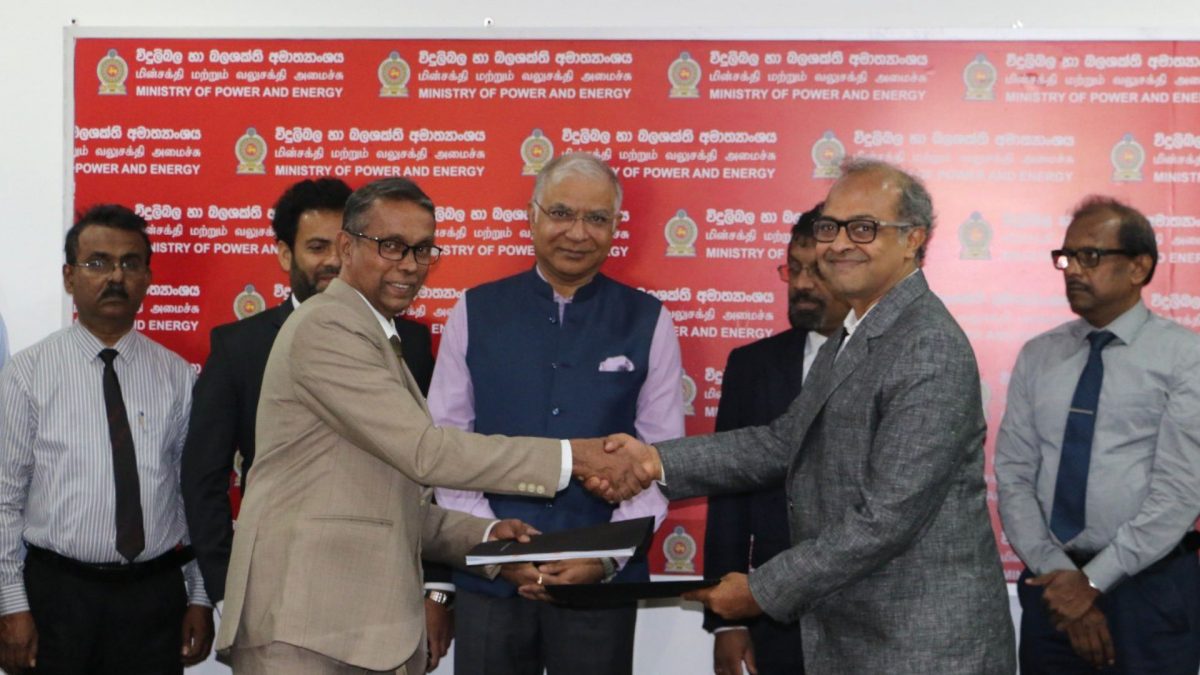Late on Tuesday night, rumours began swirling on the Chinese-language Internet domain that former President Jiang Zemin was either dead or dying. They even made it to Sina Weibo, China’s own equivalent of Twitter, where, given the echo chamber effect of that platform, they quickly set off a thunderous roar.
But not for long. China’s hyperefficient censors moved in to scrub any references to Jiang Zemin, leaving China’s feisty community of Internet users to come up with ever more inventive ways to beat the censors and post their messages of mortality.
Early on Wednesday, people in Beijing reported extraordinarily high security and “cadre car” presence around 301 Hospital, which the online rumours had identified as the hospital to which Jiang had been brought from his faraway Shanghai home. Overseas television channels operating from China held back their regular programming in anticipation of official word of a momentous passing, but when no such word was forthcoming even hours later, they went back to schedule.
Given the restrictions on information flows within China, this isn’t the first time people have relied on rumours to read the tea leaves and discern the goings-on among the top leadership. Rumours of Jiang’s ill-health had surfaced days earlier when he failed to attend the grand gala function in Beijing on July 1 to celebrate the 90th anniversary of the founding of the Communist Party of China (CPC).
Even last year, there were similar rumours of Jiang’s passing, which of course proved to have been greatly exaggerated. On earlier occasions, his image was airbrushed from official Communist Party portraits , always a sign of a fall from official grace.
The Operatic President
Jiang, who served as China’s President from 1993 to 2003 and held other important party and military posts, was in many ways a quirky, idiosyncratic— and borderline “unpresidential”— leader.
Prince Charles, recalling his visit to Hong Kong in 1997 for the handover of the former British colony to “the motherland”, referred to Chinese leaders (presumably including Jiang, who was at the ceremony) as “appalling old waxworks”. But that description clearly didn’t fit Jiang — whatever his other demerits may have been.
Jiang was reputed for easing the atmosphere at stuffed-shirt diplomatic events by breaking into operatic songs: he has even performed on stage with Luciano Pavarotti . He was fluent in many foreign languages, including English, and unlike the current generation of China’s leaders, was open to giving unscripted full-length interviews to overseas television channels (watch an interview he gave Mike Wallace for 60 minutes – in six parts – here ), in which he unflinchingly took on questions about human rights in China. On one occasion, however, he quite uncharacteristically hectored the Hong Kong media ( video here ) for pushing too hard with their questions.
Communist Party is for capitalists too
Jiang took over as general secretary of the Communist Party— the highest office in China — in 1989, in tumultuous times, following the crackdown on the Tiananmen Square protests. At a time when the party was on the verge of a split — torn between reformists and hardliners — Jiang was considered merely a transitional leader who would make way for someone more weighty. But over time, he built up the “ Shanghai faction ” of the party, and made it a powerful base from which to advance economic reforms.
Jiang’s contribution to Marxist doctrine, and in many ways his legacy, was a theory called the Three Represents , which effectively opened the doors of the Communist Party to capitalists, who had hitherto been shunned.
But when it came to politics, Jiang proved himself to be ruthless, crushing the dissident Falun Gong movement after it staged an extraordinary show of its strength, with mass protests outside the party leaders’ residential compound in Beijing in April 1999.
India-China relations
As President, Jiang also oversaw a process of consolidation in Sino-Indian relations, particularly during a phase when it was tested severely. In November 1996, he became the first head of the Chinese state to visit India; during that visit, the two countries signed an agreement on Confidence-Building Measures in the military field along the Line of Actual Control. It was that agreement that ended a tense stand-off between the two armies along the border areas, a situation which has since sadly reverted to norm.
Significantly, President Jiang, who also visited Pakistan during that visit, publicly suggested that Pakistan and India should put the Kashmir issue “on the backburner” and concentrate on building up their relations in other spheres. His remarks, in which he also disfavoured third-party mediation, were well-received in India, but disappointed Pakistan.
Yet, in May 1998, Sino-Indian relations turned rocky when the then BJP-led coalition government, after carrying out the Pokharan nuclear tests, blamed China publicly as the reason for its having gone nuclear, and branded it India’s “potential threat No. 1.” The chill that overcame bilateral relations was, however, overcome very soon, largely because the Chinese leadership sagaciously did not dwell on the extraordinary show of undiplomatic lunacy. It was left to the suave diplomat Jaswant Singh to paper over the cracks.


)




)
)
)
)
)
)
)
)